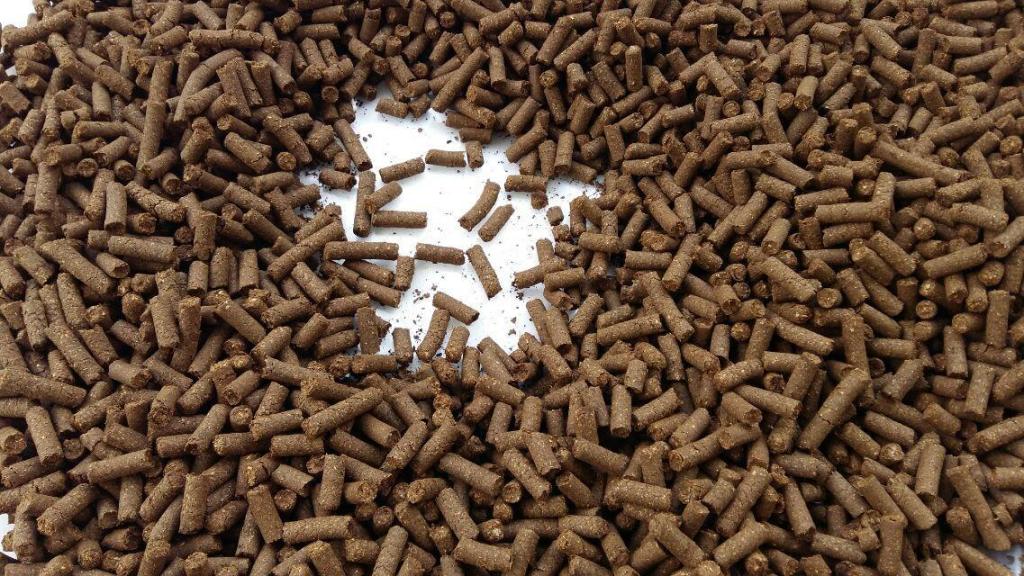Phospholipids in aquaculture
Time:2024-03-15
The application of phospholipids in the aquaculture industry is extremely widespread, and its diverse functions play a crucial role in various aquaculture fields. As a feed additive, phospholipids demonstrate a significant growth-promoting effect in poultry and livestock farming. Adding phospholipids, such as soybean phospholipids, to the diet can improve the production performance of livestock, reduce feed-to-meat ratios, increase intramuscular fat content, and simultaneously decrease abdominal fat percentage. This effect is particularly pronounced in piglets and fattening pigs, where the addition of phospholipids significantly enhances their growth efficiency and feed conversion rate.
In aquaculture, the application of phospholipids is equally important. Phospholipids effectively promote the growth of aquatic animals, increase fish survival rates, facilitate molting in crustaceans, and reduce the occurrence of deformities in aquatic animals. Phospholipids are essential micro-nutrients for fish and shrimp larvae, and their addition fulfills the nutritional requirements for their growth and development.
Moreover, phospholipids exhibit antioxidant properties, protecting fat-soluble vitamins and unsaturated fatty acids in the feed and extending the shelf life of the feed. Additionally, phospholipids participate in the decomposition and digestion of fats in the feed, enhancing fat digestion efficiency and converting fat-soluble vitamins in the feed into water-soluble particles, thereby increasing nutrient absorption.
In ruminant animal farming, the application of phospholipids shows significant effects, improving the health and reproductive performance of cattle without a notable impact on milk fat percentage and normal metabolic indicators, thereby providing significant economic benefits.
In fur animal feed, the functional application of phospholipid oil powder effectively enhances the immune system and health of fur-bearing animals, increasing survival rates and fur quality, and ultimately boosting the profitability of fur animal production.
In summary, the application of phospholipids in the aquaculture industry offers various advantages, including promoting growth, improving feed efficiency, antioxidative effects, and enhancing animal health. However, specific usage methods and dosage should be comprehensively considered based on factors such as the type of farming, growth stage, environmental conditions, and feed formulation to ensure optimal results. Attention should also be given to the source and quality of phospholipids to ensure compliance with relevant standards and regulations, ensuring the sustainable development of the aquaculture industry and the safety of animal products.


 CN
CN





